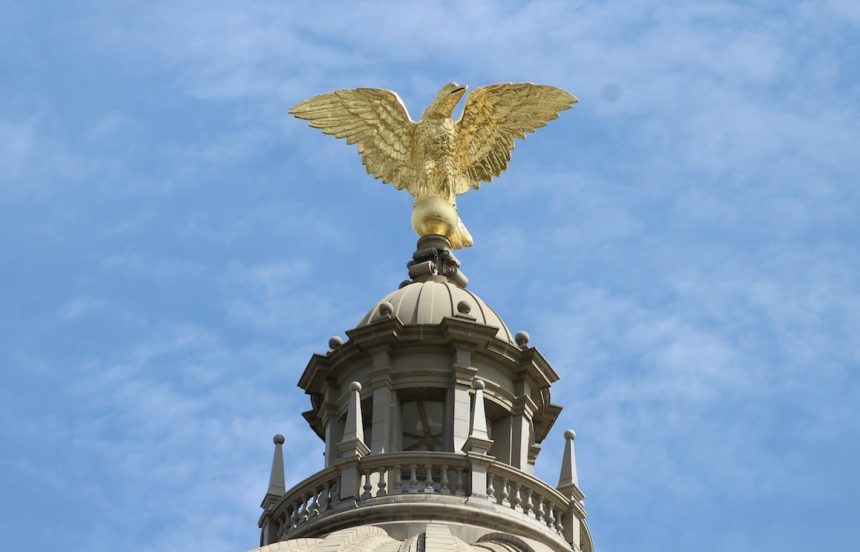The fight to speed up the elimination of income tax in Mississippi appears to have reached a dead end in the legislature.
During the 2022 session, Governor Tate Reeves signed into law the state’s largest-ever tax cut. However, the measure failed to immediately remove the income tax.
House Ways and Means Committee Chairman Trey Lamar, a proponent of eliminating the income tax as quickly as possible, says a bill to eradicate what he calls a “tax on work” has yet to be introduced to the legislature this session.
Though it is unlikely that a drastic measure to rid the state of the income tax will come to fruition this session, Lamar insists that he and fellow members of the House are still dedicated to fulfilling their goal of income tax elimination.
As it stands, Mississippi’s state income tax is expected to be completely phased out within the next 12 to 14 years, but Reeves has continuously called on lawmakers to speed up the process.
“We did not have a bill this year,” Lamar explained on MidDays with Gerard Gibert. “It’s more of a timing issue. First and foremost, I have to say, the Mississippi House of Representatives has, on at least three occasions, maybe more over the past several years, voted to eliminate the income tax in Mississippi.”
Skeptics of complete income tax eradication fear the possible ramifications that could stem from the loss of one-third of Mississippi’s revenue stream.

Senate Finance Committee Chair Josh Harkins argues that tax cuts ought to be cautiously phased in over time so that the legislature can take appropriate action to balance the budget and prepare for the loss in revenue.
“Once you give a tax cut, it’s really hard to take it back and so you want to make sure you don’t mess up,” Harkins said. “You want to be very methodical in how you implement a tax cut. It is absolutely tantamount to the success of your state and your economy — how you implement these tax cuts and how you phase them in and absorb the loss in revenue.”
An alternative to speeding up the elimination of personal income tax is a rebate system, which was proposed by Lt. Governor Delbert Hosemann.
The state collected an excess of $270 million in taxes in 2022. Hosemann’s idea of allocation would be on a dollar-for-dollar basis up to $500 until all of the money has been returned to taxpayers.
Senate Bill 2477, which would establish a tax rebate fund in the State Treasury, died in the Senate Finance Committee.
With Thursday being the deadline for original floor action on appropriations and revenue bills originating in their own house, Mississippians will likely not see any drastic changes in state taxes in 2023.







